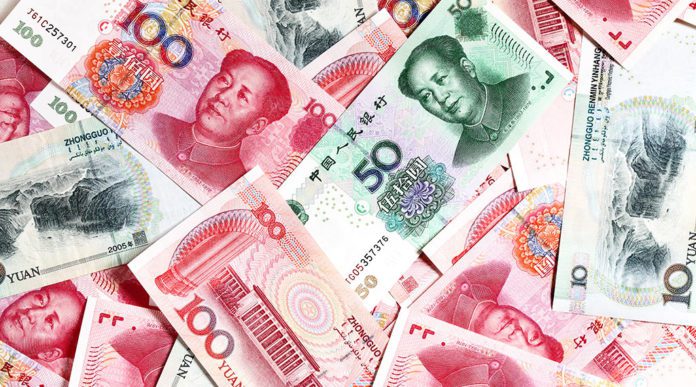The article was originally published on Center for Security Policy.
A Fijian court handed down a sentence and ordered a Chinese casino developer to pay $650,000 on April 28 for causing substantial damage to the environment while undertaking unauthorized development on Malolo Island in Fiji’s west.
The case also highlighted the marathon struggle of Australian surfers Navrin Fox and Woody Jack who held a stake in the land adjacent to the one owned by the Chinese company, Freesoul Real Estate. Freesoul had ripped out a part of a reef, dumped waste, blocked other landowners, and disturbed traditional fisheries to build a resort and Fiji’s first-ever casino.
Fox and Jack helped bring attention to this case and managed to stop the environmental destruction. Yet many other Chinese-linked casino projects in the Pacific are causing less visible forms of harm, and are flying under the radar away from public scrutiny, experts say.
Casinos are China’s tools to serve its expansionist and influence operations in vulnerable, investment hungry economies like those of the Pacific Island Countries (PICs), according to experts and sources who told the Epoch Times that setting up casinos is one of the first things the Chinese ask for when a PIC says it’s open to investment.
“I was in a meeting in which Tongan representatives were in London talking to a room full of potential investors and the first thing the Chinese representatives asked about were casinos,” Cleo Pascal, a non-resident senior fellow at the Washington-based Foundation for Defense of Democracy, told The Epoch Times in an email.
“They asked repeatedly. The Tongan representative said no, it was against their beliefs. But the Chinese investors will keep asking. And maybe, one day, they will find someone with different (or no) beliefs.”
Grant Newsham, a director at One Korea Network and a senior fellow with the Center for Security Policy and the Yorktown Institute. told the Epoch Times that the $650,000 fine issued by the Fijian court would do no damage to the Chinese.
“[It] is not even a slap on the wrist. The Chinese must be laughing. The $600,000 bond is maybe 1/1000th of the actual damage. You don’t just ‘repair’ reefs and mangroves. The reefs take thousands of years to develop, and mangroves are only a little faster,” Newsham said in an email.
Casinos and BRI
Within the larger Asia Pacific region, the Pacific has the highest investment need, in percent of GDP, until 2030, at 9.1 percent, according to the Asian Development Bank estimates of 2017, and a 2018 report (pdf) by the Organization for Economic Co-operation and Development (OECD) said China’s “Belt and Road Initiative” (BRI) can “certainly help” to provide some of this investment.
BRI is a trillion-dollar infrastructure investment project launched by the Chinese regime to bolster its economic and political influence worldwide.
Out of the 15 independent PICs, 10 have signed onto BRI, the latest being the Solomon Islands which joined in 2019 after it switched its 36-year-old diplomatic recognition from Taiwan to the Chinese regime.
To read more, click here.



